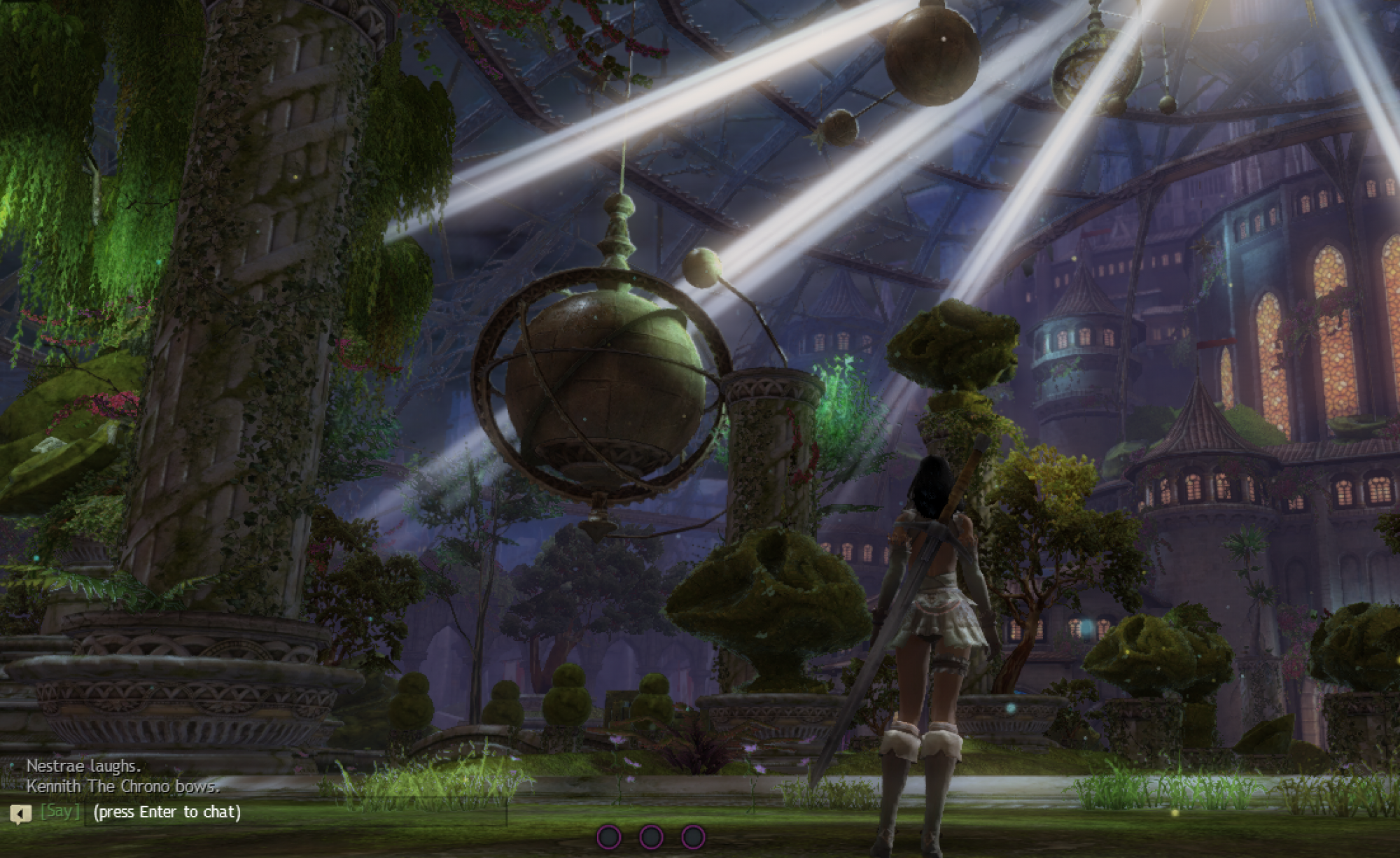One of the problems we have discussed in class regarding Guild Wars 2 is the presumption that players already know how to play the game. There is no demo at the beginning. Instead, you are thrust into the game with nothing to cushion your fall. In these instances I believe it is crucial to make use of out-of-game resources. I did so with GW2 and other games I have played in the past as well. I believe these resources can be informative and the people who created them are helpful members of the community. I definitely do not think it is cheating. It is the same as asking someone in person to help you with a game. It is a way to gather information and learn about something that you may not have a lot of experience with. To relate it to an academic example, it is the same as making use of a writing centre at your university for your papers.
I do not engage with players in any games, unless they are friends or family, and the reason for this is, as Reich puts so eloquently, there is a “collective human tendency to allow the worst of ourselves to emerge under the anonymity of the Internet” (Parkin, 2015). In my opinion, that is one of the biggest problems with the internet. People tend to hide behind their screens, and say whatever they are afraid to say in person. For this reason I chose to not engage with other players unless I know their identity.
However, this is a personal choice and for those who choose to engage with other players they can make use of the ‘report player’ function in chat if they encounter any negative or uncomfortable behaviour. I have never used this before, but I think there is always the chance of it being misused and being taken advantage of. I hope that its benefits outweigh any negative consequences. At the end of the day, this function is better than having no support at all.
Personally, I have never engaged in trolling or left a negative comment online, and I cannot begin to fathom those that do. If you would not say it in person, you definitely should not say it online. As Reich says “toxic behavior doesn’t necessarily come from terrible people; it comes from regular people having a bad day” (Parkin, 2015). It can be easy to forget that the users you are interacting with online are real people with feelings. It may seem better to take out your frustration on someone you cannot see, but you are hurting someone nonetheless. Putting aside the trolls and toxicity of the internet for a moment, it is also important to acknowledge that the internet can be a wonderful and helpful space.
